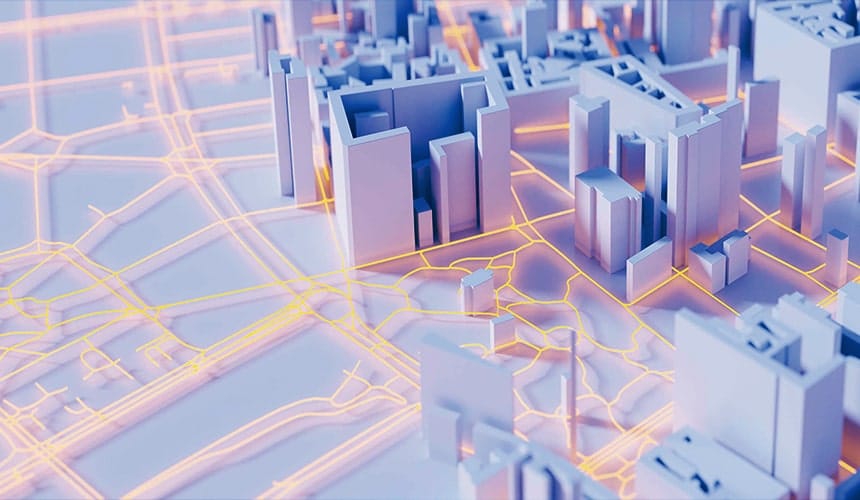The integration of the Internet of Things (IoT) in property management is ushering in a new era of efficiency and innovation. In this blog post, we delve into the various facets of IoT in property management, exploring its current applications and forecasting its future impact on the real estate industry.
Understanding IoT in Property Management:
1. Smart Buildings for Enhanced Operations
The advent of smart buildings is at the forefront of IoT in property management. These buildings are equipped with interconnected devices and sensors, enabling seamless automation of various tasks. From climate control to security systems, smart buildings optimize resource usage and enhance overall operational efficiency.
2. Predictive Maintenance for Cost Reduction
One of the game-changing aspects of IoT in property management is predictive maintenance. Sensors embedded in equipment and infrastructure provide real-time data, allowing property managers to predict when maintenance is needed. This proactive approach not only reduces downtime but also minimizes costs associated with emergency repairs.
Current Applications of IoT in Property Management:
1. Energy Management
IoT plays a pivotal role in optimizing energy consumption in properties. Smart thermostats, lighting systems, and energy monitoring devices enable property managers to analyze and control energy usage efficiently. This not only reduces utility costs but also contributes to a more sustainable and environmentally friendly approach.
2. Security and Access Control
The integration of IoT in security systems enhances property safety. Smart cameras, door locks, and access control systems provide real-time monitoring and access management. Property managers can remotely monitor security and respond promptly to incidents, ensuring a safer environment for residents and tenants.
3. Occupancy Monitoring and Space Utilization
IoT sensors can be deployed to monitor occupancy levels and space utilization within a property. This data helps property managers make informed decisions about resource allocation, such as optimizing office layouts or adjusting parking spaces based on demand. This leads to a more efficient use of space and resources.
The Future Landscape of IoT in Property Management:
1. Integration of Artificial Intelligence (AI)
The future of IoT in property management involves a deeper integration with artificial intelligence. AI algorithms can analyze vast amounts of data collected by IoT devices to provide actionable insights. This includes predicting tenant preferences, optimizing energy usage further, and even anticipating potential issues before they arise.
2. Blockchain for Enhanced Security
Blockchain technology is poised to enhance the security of IoT devices in property management. By creating a decentralized and tamper-resistant system, property managers can ensure the integrity of data collected by IoT devices. This is particularly crucial in maintaining the privacy and security of sensitive information within the property management ecosystem.
3. Augmented Reality (AR) for Enhanced Tenant Experience
The integration of AR in property management aims to elevate the tenant experience. From virtual property tours to interactive interfaces for reporting issues, AR can revolutionize how tenants interact with their living or working spaces. This not only improves tenant satisfaction but also streamlines communication between tenants and property managers.
Challenges and Considerations:
While the future of IoT in property management is promising, it is not without challenges. Issues such as data security, interoperability of devices, and the need for standardized protocols must be addressed. Property managers should carefully navigate these challenges to fully harness the benefits of IoT in their operations.
Conclusion:
In conclusion, the future of IoT in property management holds immense potential for revolutionizing the industry. From smart buildings that optimize operations to the integration of AI and blockchain for enhanced functionality and security, IoT is reshaping the landscape of real estate management. As property managers continue to embrace and adapt to these technological advancements, the efficiency and sustainability of property management will reach new heights, creating a more connected and intelligent real estate ecosystem.




